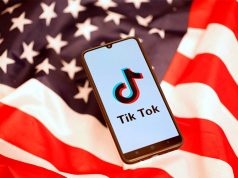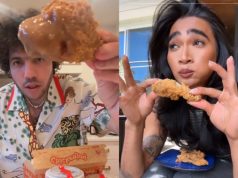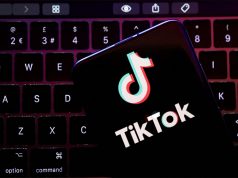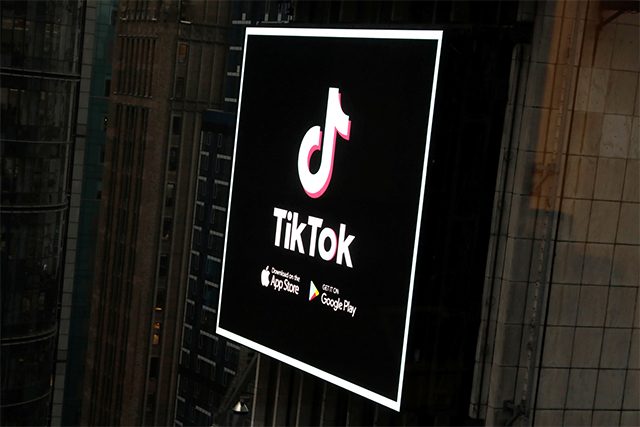
Video-sharing platform TikTok is not spared from the spread of false information. In the United States, the social media company removed more than 340,000 videos showing deceptive or misleading information about the 2020 presidential elections.
Tiktok partnered with fact-checkers at Agence France-Presse and Lead Stories to help review content and immediately remove flagged videos.
To help users limit this type of content, TikTok introduced new prompts called “For You Feed,” wherein suspicious videos are immediately flagged.
“Sometimes fact checks are inconclusive or content is not able to be confirmed, especially during unfolding events. In these cases, a video may become ineligible for recommendation into anyone’s For You feed to limit the spread of potentially misleading information. Today, we’re taking that a step further to inform viewers when we identify a video with unsubstantiated content in an effort to reduce sharing,” said TikTok in a statement.
This is how TikTok’s new feature works:
- A banner will be displayed on a video if it has been reviewed but not yet validated.
The banner states: “Caution: Video flagged for unverified content.”
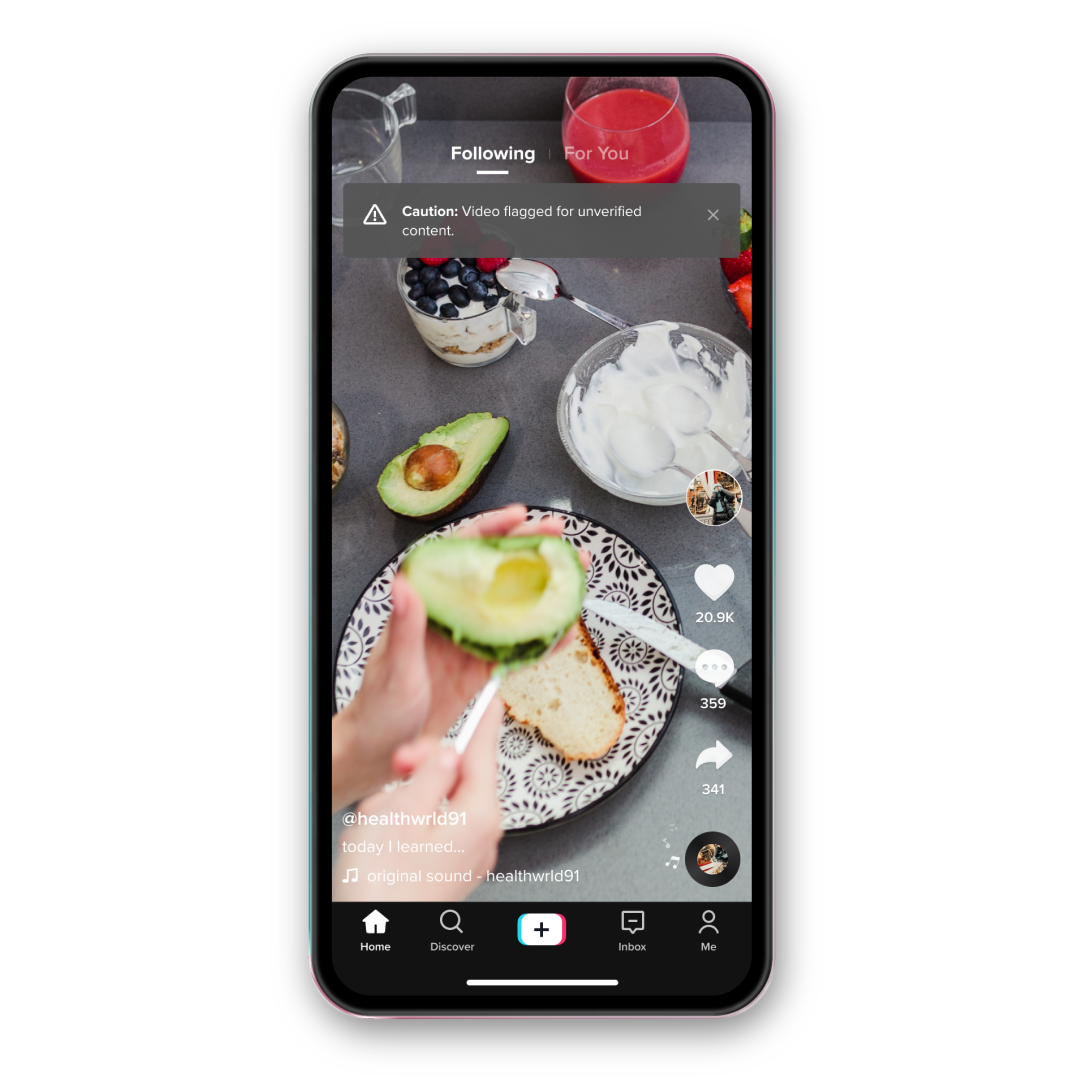
- The video’s creator will immediately be notified if their content is flagged with unsubstantiated claims.
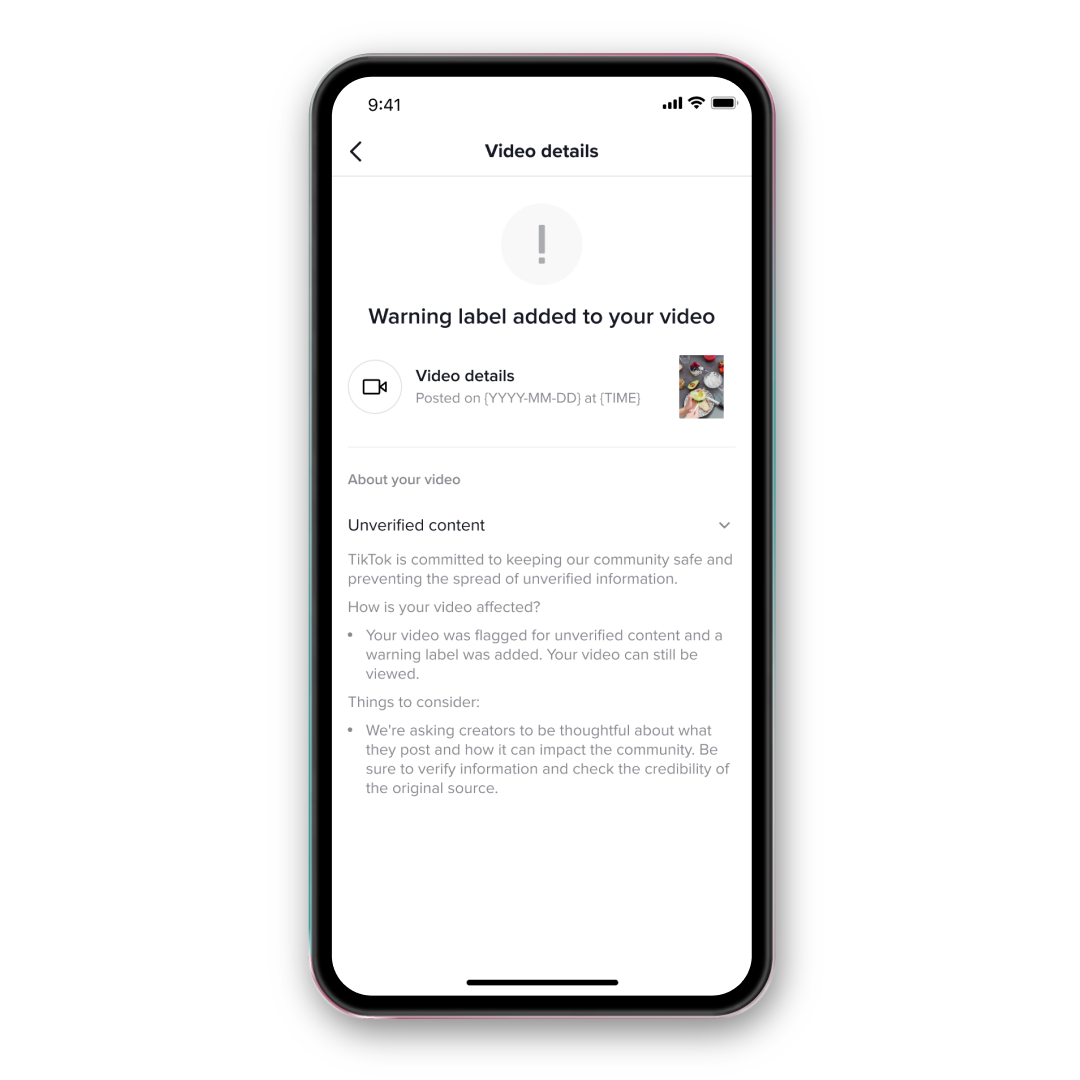
- If a user still seeks to share the content despite the warning, they will see another prompt to remind them that the video is flagged for unverified information.
“This additional step requires a pause for people to consider their next move before they choose to ‘cancel’ or ‘share anyway,’” TikTok said.
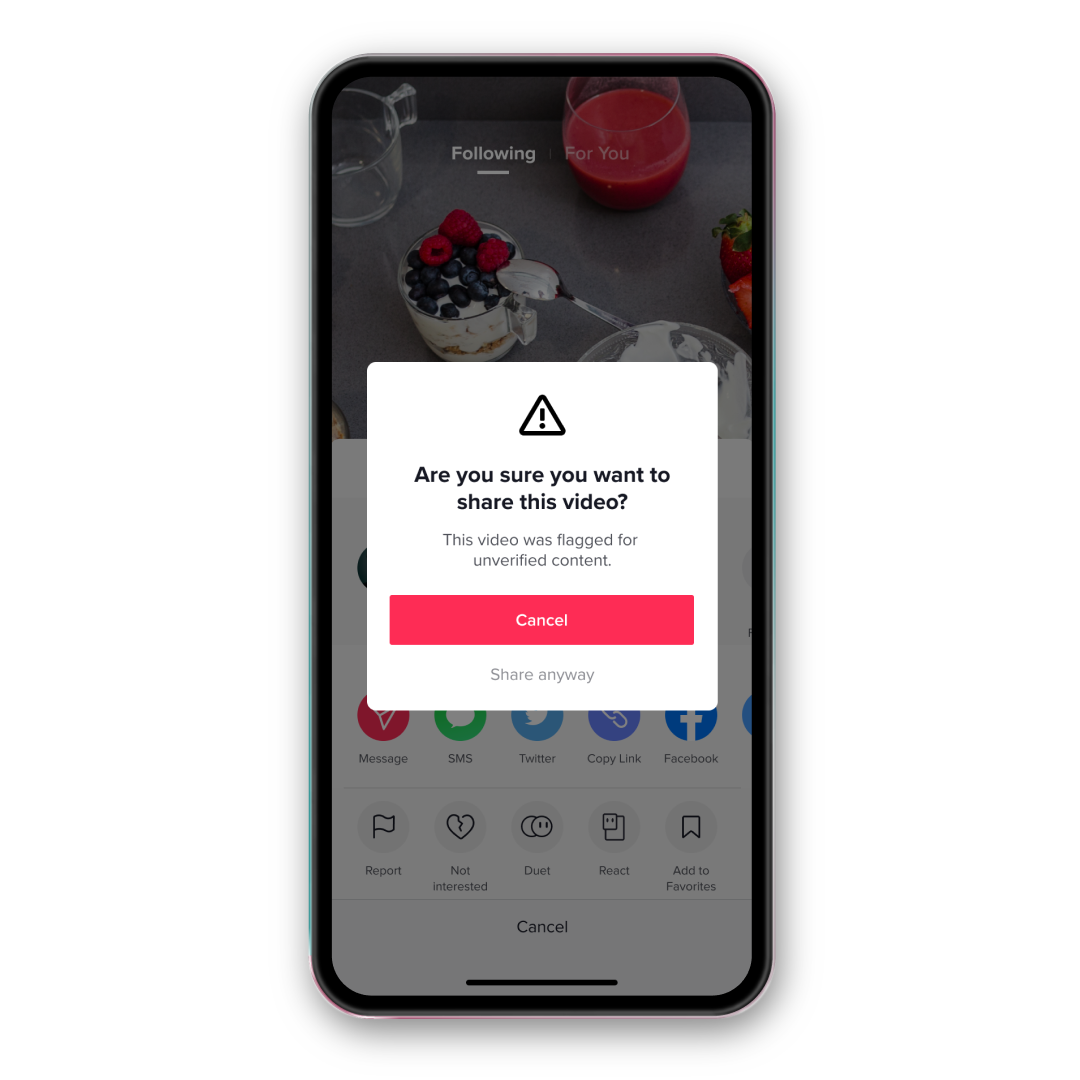
The new feature was first rolled out in the United States and Canada in February. It can now be accessed by Filipino users this month.
Unlike Facebook and other social media networks, the Chinese-owned firm has no large-scale controversy or conflict among its Philippine market so far.
TikTok became the go-to resource of Filipinos, even government officials, for entertainment and all things trending especially during the lockdown period.






